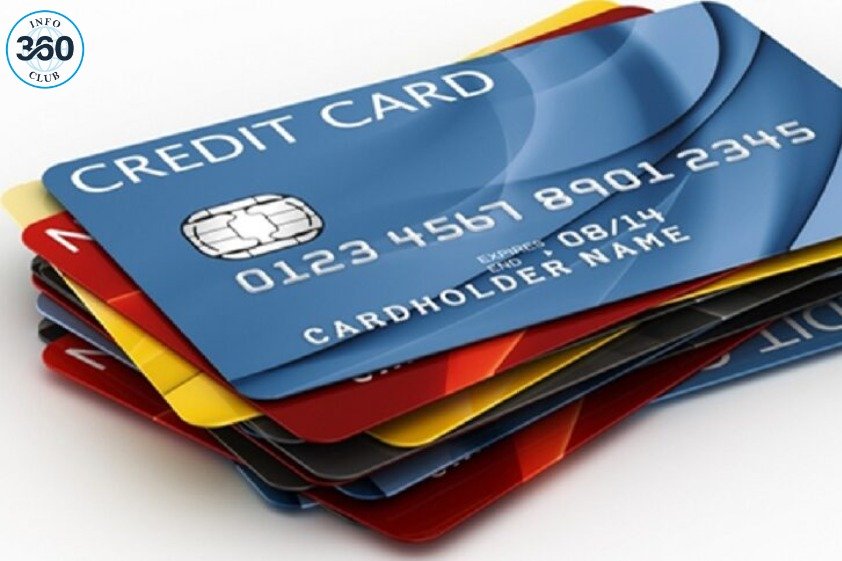Income Tax on Credit Card Transactions
Making high value purchases regularly with your credit card is the key to filing your ITR 2024. Credit card transactions are subject to some level of tax scrutiny, even if you are unaware of it. In this article, we will attempt to explain how to avoid income tax notices on credit card transactions. Before we can keep track of your high value deals, we need to understand what kinds of financial transactions are taxed by tax authorities.
High Value Transaction On Credit Card
Transactions with high value are those that surpass regulatory thresholds. Tax authorities closely monitor these transactions because they’re susceptible to money laundering and terror funding. In addition, the Reserve Bank stresses the importance of following guidelines.
Maximum Amount Spending To Avoid Tax
The Income Tax Department requires banks to report high value credit card transactions. Whenever a transaction exceeds Rs 10 lakh, financial institutions must file Form 61A. Individuals must also file Form 26AS when they use a high value credit card.
When To Use Credit Card
A credit card offers a compelling advantage to users when they make large purchases. A debit card does not allow customers to spend as much as a credit card. Using credit cards is something that needs to be done with caution. Nevertheless, credit cards can be invaluable if you need to pay your mobile phone bill before payday. There are some situations in which we can use credit cards to manage our finances. Additionally, we can use them to cover the costs of medical emergencies, weddings, education, and other purposes. Banks offer a variety of financial tools nowadays, but credit cards are preferred because they provide instant access to funds.
Related Post: 5 Ways To Spot Fake Delivery
Since credit cards allow customers to pay later, they have been popular in the past. It is also very easy to apply for a credit card. The approval process for credit cards depends on your income and credit score.
Income Tax Implications of Credit Card Transactions
The tax implications of credit card transactions are one of the most important aspects of these transactions. Remember, the Income Tax Department monitors all credit card transactions, so don’t go over your limit. The government electronically tracks all your expenses by linking your credit card information to your PAN card. The I-T Department requires high value transactions to be reported on income tax returns.
What Ways Income Tax Department Aware of High Value Transactions
Whenever a bank, company, registrar, or post office conducts a high value transaction, they are required to submit Form 61A to the Internal Revenue Department. Tax departments scrutinize income tax returns to ensure individuals accurately report credit card transactions and other financial activities.
How Can You Save Yourself From Income Tax Notice?
A credit card offers several advantages, but it’s important to be careful with spending to avoid tax notices. The Income Tax Department issues notices based on data in the tax system. Make sure that you file your tax returns on time and that your ITR matches the Form 26AS when filing your return.
Credit cards offer numerous benefits, but it’s essential to consider the potential tax implications of high value transactions. By understanding the limits, using your card strategically, and maintaining accurate records, you can enjoy the convenience and rewards of credit cards. Nevertheless, you can keep the tax authorities away from your business.
Remember, the key is to ensure that your spending aligns with your declared income and to use your credit card in a manner that avoids triggering income tax notices. This way, you can manage your finances effectively and stay within tax laws.







